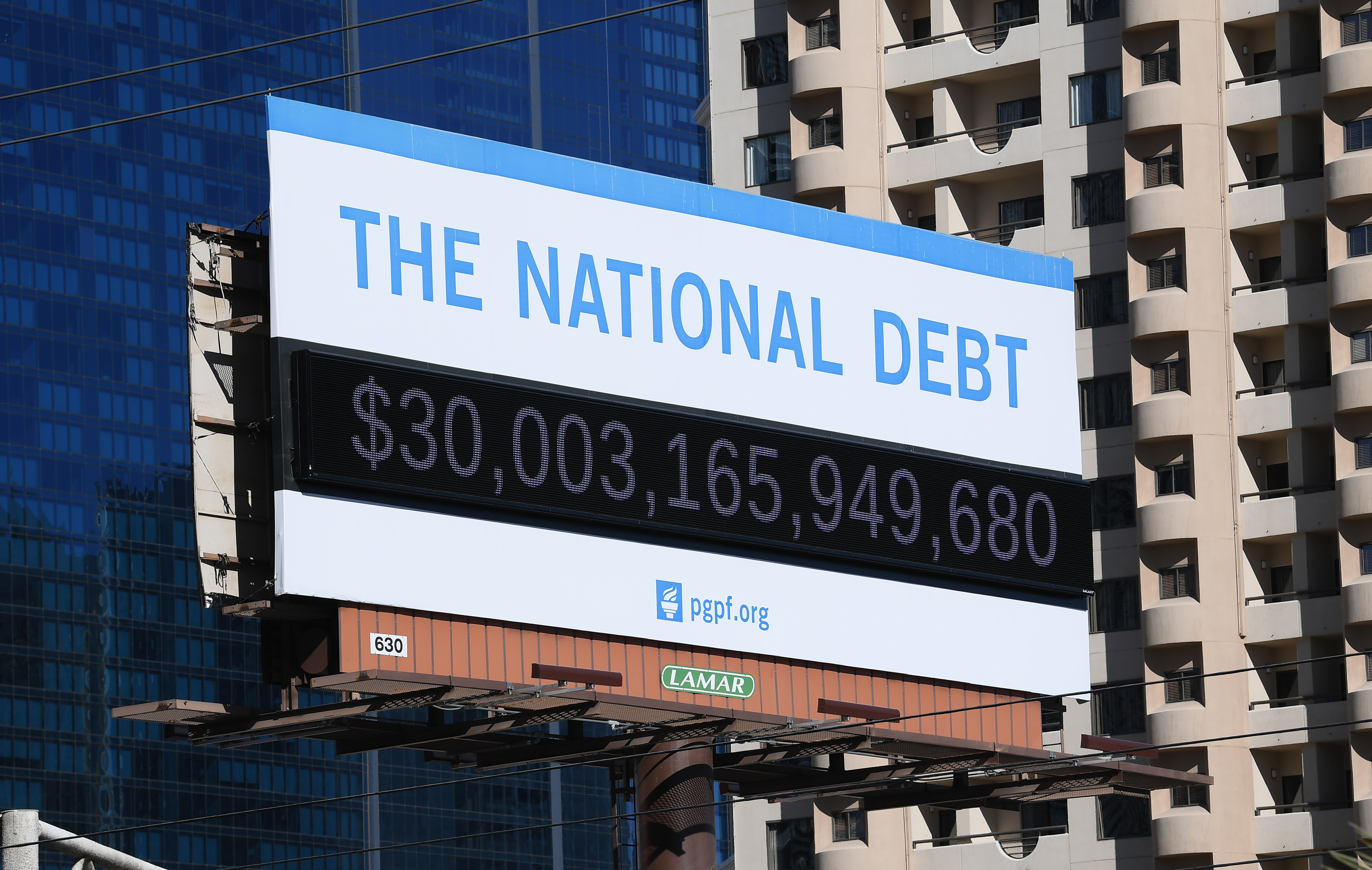FT-Peterson U.S. Economic Monitor
The Financial Times-Peterson Foundation US Economic Monitor is a monthly poll of voters on the state of the economy and the national debt, examining how these factors affect Americans’ perspectives on their personal financial condition. Launched in November 2019, the survey tracks voter sentiment on economic and fiscal issues for the twelve months leading up to the 2020 election.
The online poll is conducted monthly by Democratic polling firm Global Strategy Group and Republican polling firm North Star Opinion Research. It includes an oversample to get a closer look at voters in battleground states: Arizona, Colorado, Florida, Iowa, Michigan, Minnesota, North Carolina, New Hampshire, Nevada, Pennsylvania and Wisconsin.
Latest Results
The 12th FT-Peterson poll, released on October 22, surveyed an online sample of 1,000 likely 2020 voters across socioeconomic groups and across the country from October 8, 2020 to October 11, 2020. It has a margin of error of plus or minus three percentage points at 95 percent confidence level.
This month’s poll showed that 94% of voters agree that it is important for the next president to pay for his priorities so that they don’t increase the $3 trillion federal budget deficit, once the pandemic is over. Seven in 10 likely 2020 voters (69%) believe that management of the national debt is on the wrong track, up four points from last month. While the vast majority of Democrats (9% right direction/91% wrong track) and independents (29% right direction/71% wrong track) say we are on the wrong track, Republicans are more divided (56% right direction/44% wrong track).
When it comes to the effects of the national debt, a plurality of voters (26%) are most concerned that it could threaten programs like Social Security and Medicare. Other concerns include that the debt harms economic growth and personal incomes (23%), up five points from last month, and that interest on the debt limits resources available for national priorities (14%).
This month’s survey also took a detailed look at public support for tax policy options to lower the federal deficit, as well as personal financial impacts of the coronavirus crisis.
Below is a look at a few key questions from this month’s survey, and you can view the full results here.
Past Results

What is the National Debt Right Now?
